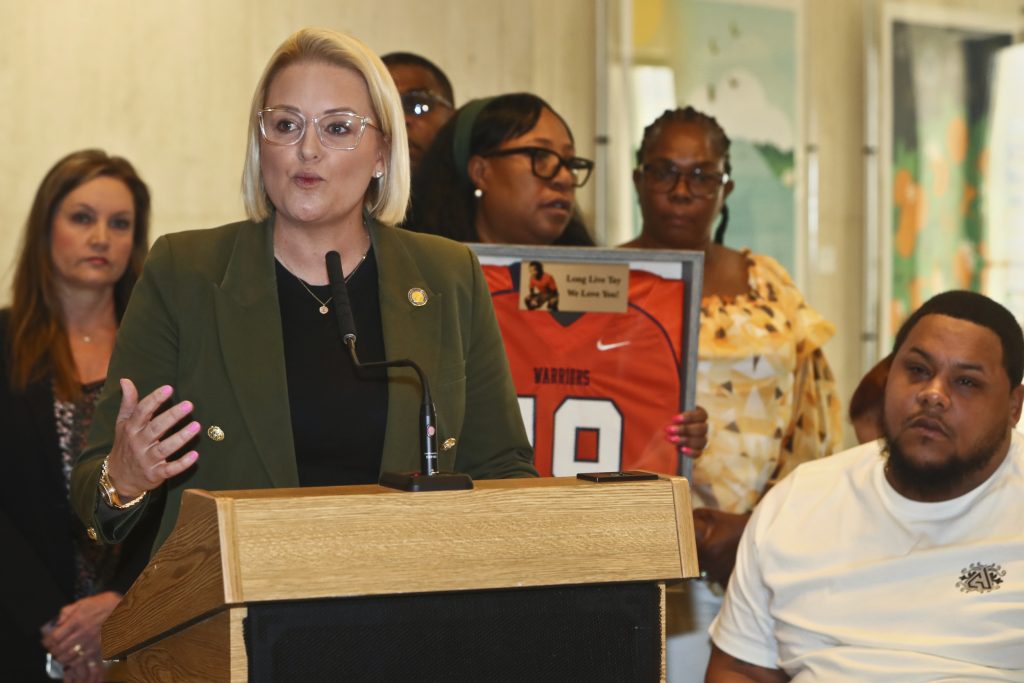Florida State Representative Hillary Cassel of Dania Beach recently made the decision to switch from the Democratic Party to the Republican Party, becoming the second Democratic state lawmaker to do so this month. This move has resulted in House Democrats losing four seats, with two from recent elections and two from party changes. The switch highlights divisions over Israel policy and questions about the Democratic Party’s connection with Florida voters, while also expanding Republican control in the Florida House, potentially affecting future legislative priorities and voting dynamics. After the most recent party change by Tampa Representative Susan Valdés, the largest Republican advantage in chamber history was created.
In her formal statement, Cassel emphasized her roles as a mother and a Jewish woman as reasons for her decision to switch parties, expressing a desire to build a world where children are judged based on character rather than labels. She specifically mentioned concerns about the Democratic Party’s stance on Israel, criticizing what she perceived as a failure to unequivocally support Israel and an acceptance of extreme progressive voices that condone acts of terrorism. Cassel also expressed frustration with the party’s ability to relate to everyday Floridians. She acknowledged potential disagreements with her new party but expressed optimism about collaboration and finding common-sense solutions to real issues facing Floridians.
The Florida Democratic Party responded to Cassel’s exit, expressing disappointment in the loss of representation in the Florida House and emphasizing the need to continue fighting for Floridians who believe in their values. With nearly 4.5 million Democrats in the state and millions more who support their values, Florida Democrats are focused on creating a state that is free and affordable for all. The party switch by Cassel has sparked reactions from various political figures, with Democratic Florida Rep. Angie Nixon calling it a betrayal of the voters who elected her as a Democrat, and President-elect Donald Trump congratulating Cassel for her decision.
The party switches in the Florida House of Representatives are expected to impact upcoming legislative sessions and future party dynamics in the state. With an enhanced Republican supermajority resulting from these changes, there may be shifts in voting patterns and policy priorities. The move reflects broader divisions within the political landscape and highlights the ongoing debate over issues such as Israel policy and the Democratic Party’s connection with voters. As Florida lawmakers navigate these changes, the implications for governance and decision-making in the state remain to be seen.












